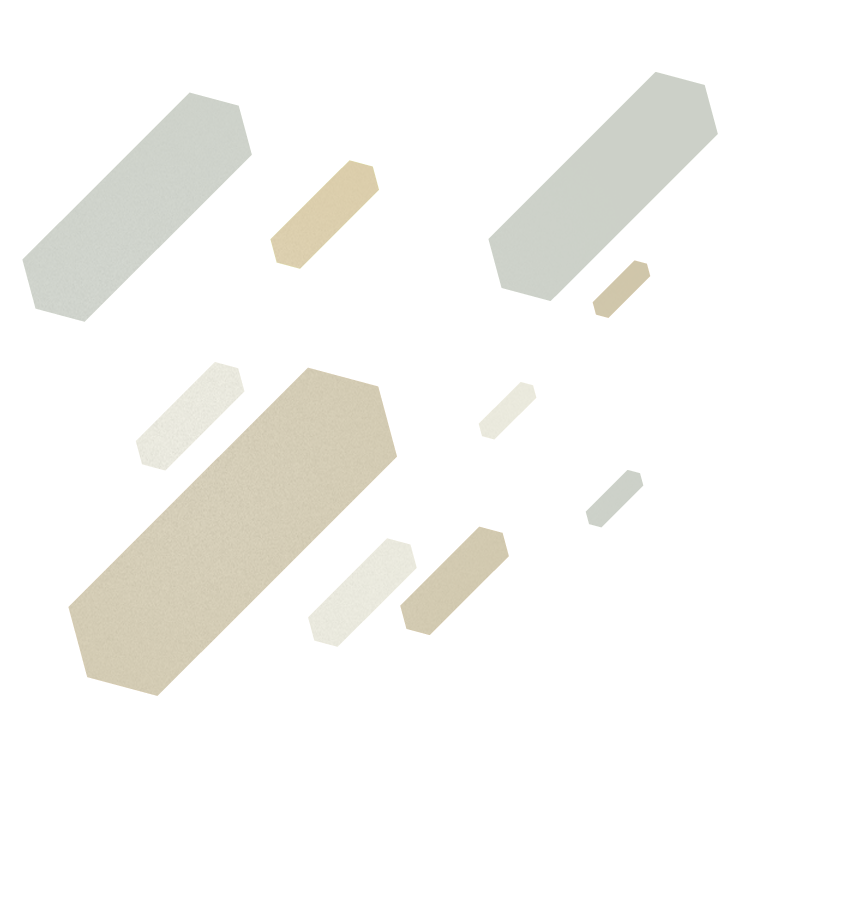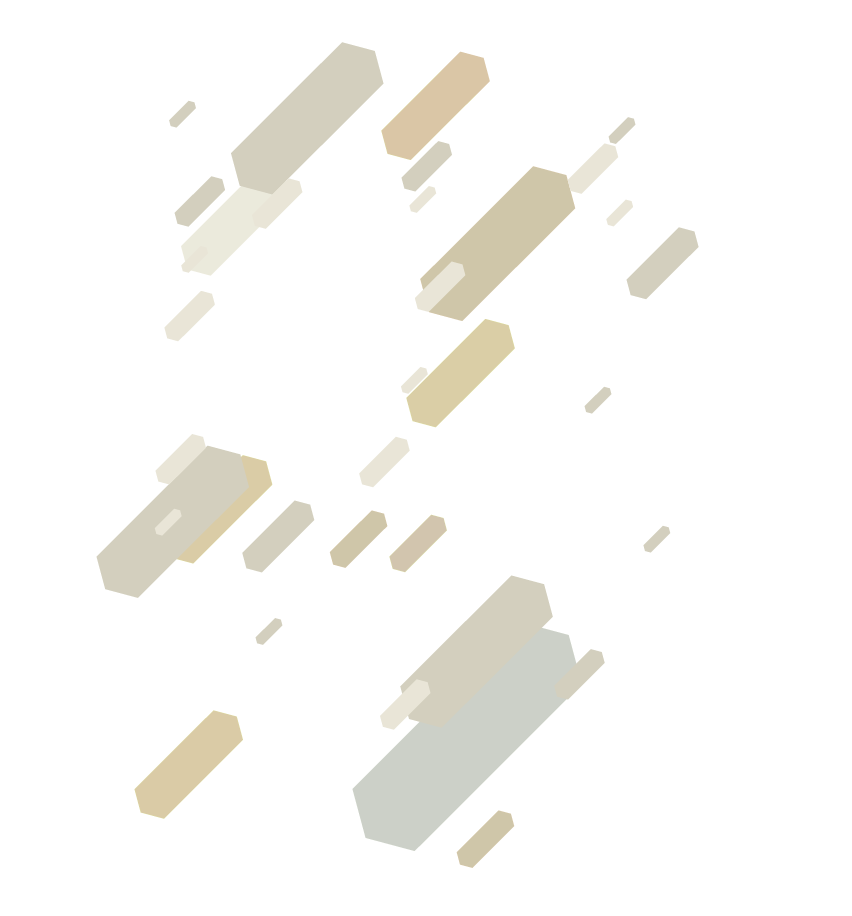


Born in Bern in 1924, he studied violin with Steffi Geyer and theory and composition with Willy Burkhard at the Zurich Conservatoire (1947–55), and subsequently with Boris Blacher at the High School of Music in Berlin (1955–56).
He lectured in music history at the Lucerne Conservatoire (1960– 63) and taught composition and instrumentation at the Basel City Music Academy (1961–72). In 1969, he founded an international composers’ seminar in the Künstlerhaus Boswil on which he had a decisive influence until 1980. In 1973, he succeeded Wolfgang Fortner at the State High School of Music in Freiburg im Breisgau as director of the composition class and the Institute for Contemporary Music. He has also lectured in Brazil, Nicaragua, Cuba, Canada, at the Accademia Chigiana in Siena, universities in Tokyo, Nagoya and Hiroshima, conservatoires in Paris and Lyon, as well as in Malmö, Stockholm, Helsinki, London, Geneva, Berlin, Milan, Lucerne, Graz, Bremen, Bergen, Sarajevo, Caracas and Radziejowice (Poland). He was a guest lecturer at IRCAM (1986–93). He served as President of the Swiss Composers’ Union (1979–82), sat on the jury of the international jury of the ISCM World Music Days (1965, 1969, 1987), and directed music analysis courses and seminars at the international composers’ competitions of the Gaudeamus Foundation in Bilthoven (1966, 1968, 1972).
In 1990, Huber gave up teaching in Freiburg and focused on composition and masterclasses. He worked as composer-in-residence at the Basel City Music Academy, Musica Festival in Strasbourg, Huddersfield Festival, Centre Acanthes in Villeneuve-lès-Avignon, Winterthur, Viitasaari, Lucerne and Bergen. In 1998, he founded the Musica Insieme Panicale concert series in Umbria. His honours include the Beethoven Prize of the City of Bonn (1970), DAAD scholarship in Berlin (1973), Composers’ Prize of the Swiss Composers’ Union (1975), Arts Prize of the City of Basel (1978), Reinhold Schneider Prize of the City of Freiburg (1985), Premio Italia for Cantiones de circulo gyrante (1986), European Church Music Prize from the city of Schwäbisch Gmünd (2007), Salzburg Music Prize (2009), and the Ernst von Siemens Music Prize (2009) and an honorary doctorate from the University of Strasbourg. He is a member of the arts academies in Munich, Berlin and Mannheim, and an honorary member of the ISCM. He lives in Bremen and Panicale (Italy).
Since 1975 his works have been published by Ricordi Editions, Munich. His complete writings, entitled Umgepflügte Zeit, were published by MusikTexte Verlag, Cologne, in 1999, while in 2009 Wolke Verlag published talks with Klaus Huber edited by Claus-Steffen Mahnkopf.
Selected works (since 1990): Plainte – Die umgepflügte Zeit I for microtonally tuned viola d’amore (1990), Plainte – Lieber spaltet mein Herz I for viola d’amore / viola and guitar (both microtonally tuned) and percussion (1992; version with alto flute, 1993), Winter Seeds for accordion (1993), Die Erde bewegt sich auf den Hörnern eines Ochsen, assemblage for four Arab and two European musicians and tape, to words by Mahmud Doulatabadi (1993), Intarsi, Chamber Concerto ‘In memoriam Witold Lutosławski’ for piano and 17 instrumentalists (1994), Lamentationes de fine vicesimi sæculi for orchestra (1994), Lamentationes Sacræ et Profanæ ad Responsoria Iesualdi for six singers and two instrumentalists, to words by various authors (1997), Ecce homines for string quintet (1998), L’âge de notre ombre for microtonally tuned alto flute, viola d’amore and harp (1998), Auf der Welt sein – Im Licht sein / Svjet – Man kann nicht atmen for choir, six solo voices, timpani and percussion, to words by Max Frisch and Osip Mandelstam (2000), Schwarzerde, stage composition after Osip Mandelstam (2001), Die Seele muss vom Reittier steigen... for cello, baritone, countertenor and orchestra, to words by Mahmud Darwish (2002), ...à l’âme de descendre de sa monture et marcher sur ses pieds de soie... for cello, baritone, countertenor and nine instrumentalists, to words by Mahmud Darwish (also version for alto, cello, baritone, accordion and percussion, 2004), Nous? La raison du cœur, in memoriam Jacques Derrida for alto and tenor (2004), Miserere hominibus for seven voices and seven instruments to words by various authors (2006), quod est pax? for five voices, Arab percussion instruments and orchestra to words by Jacques Derrida and Octavio Paz (2007), Vida y muerte no son mundos contrarios for mezzo-soprano or countertenor and viola d’amore (2007), Agnus Dei qui tollis peccata mundi for six instrumentalists (2008), Intarsioso for alto, piano and string quartet (2009), La torture par l’espérance, film music (2009), Erinnere dich an Golgatha... for double bass, 18 instruments and electronics (2010), Intarsimile for violin (2010).




